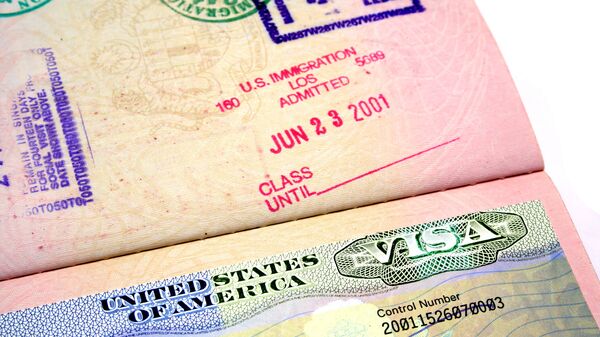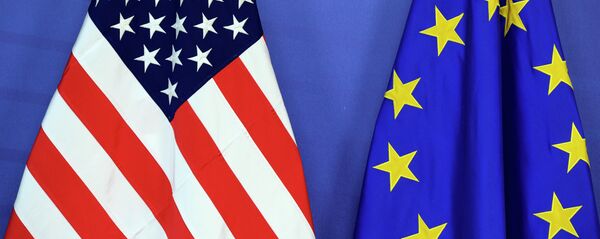A State Department official told Hill.TV Friday that the new policy will affect "most" visa applicants and temporary visitors, and that they will be required to "list their social media identifiers in a drop-down menu along with other personal information."
Said drop-down menu presently includes only major social media sites; however, that will change in time as officials update their system, providing additional sites for applicants to check off. It's unclear which platforms are currently listed.
An option will be made available for individuals who do not use any social media accounts. The Hill.TV report further notes that applicants hesitant about the policy shouldn't lie about their social media use, as it could lead to "serious immigration consequences."
"This is a critical step forward in establishing enhanced vetting of foreign nationals seeking entry into the United States," the official told the outlet. "As we've seen around the world in recent years, social media can be a major forum for terrorist sentiment and activity. This will be a vital tool to screen out terrorists, public safety threats, and other dangerous individuals from gaining immigration benefits and setting foot on US soil."
The new requirement stems from US President Donald Trump's March 2017 executive order, titled "Protecting The Nation From Foreign Terrorist Entry Into The United States." The order called for the "extreme vetting" of new visa applicants. The State Department announced its intent to enact the policy in a March 2018 filing.
The new policy has not been met with open arms.
"This attempt to collect a massive amount of information on the social media activity of millions of visa applicants is yet another ineffective and deeply problematic Trump administration plan," Hina Shamsi, director of the American Civil Liberties Union's National Security Project, said in a statement.
"It will infringe on the rights of immigrants and US citizens by chilling freedom of speech and association, particularly because people will now have to wonder if what they say online will be misconstrued or misunderstood by a government official."
"There is a real risk that social media vetting will unfairly target immigrants and travelers from Muslim-majority countries for discriminatory visa denials, without doing anything to protect national security," Shamsi added.
Reuters reported at the time of the 2018 filing that applicants would have to provide information about pages they created or used in the five years preceding the day they submitted their visa application.
The outlet also noted that applicants would have to provide previously used phone numbers and email addresses, spill the beans on their travel history and indicate whether or not relatives were linked to any "terrorist activities." They will also be asked if they've ever been deported from any country.



